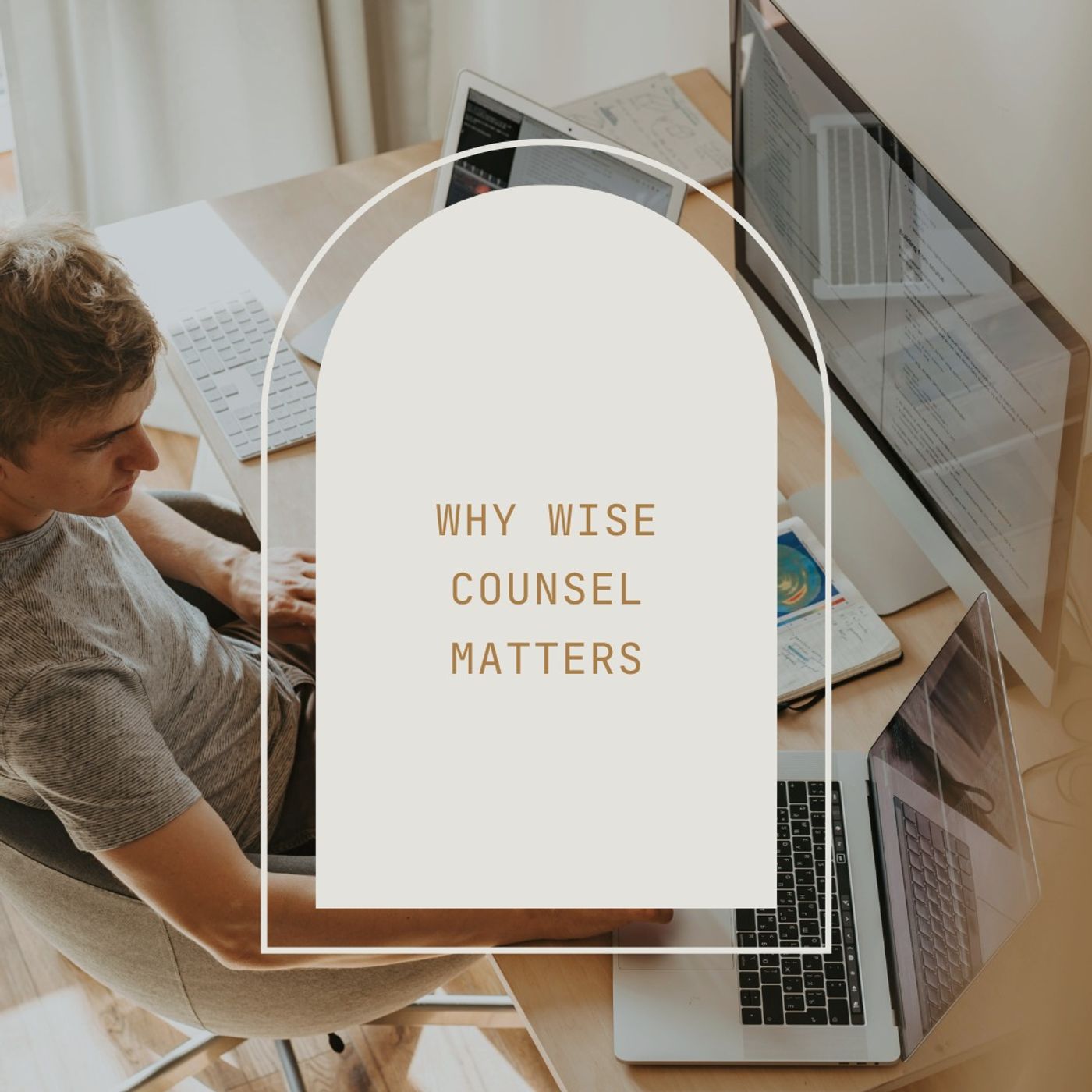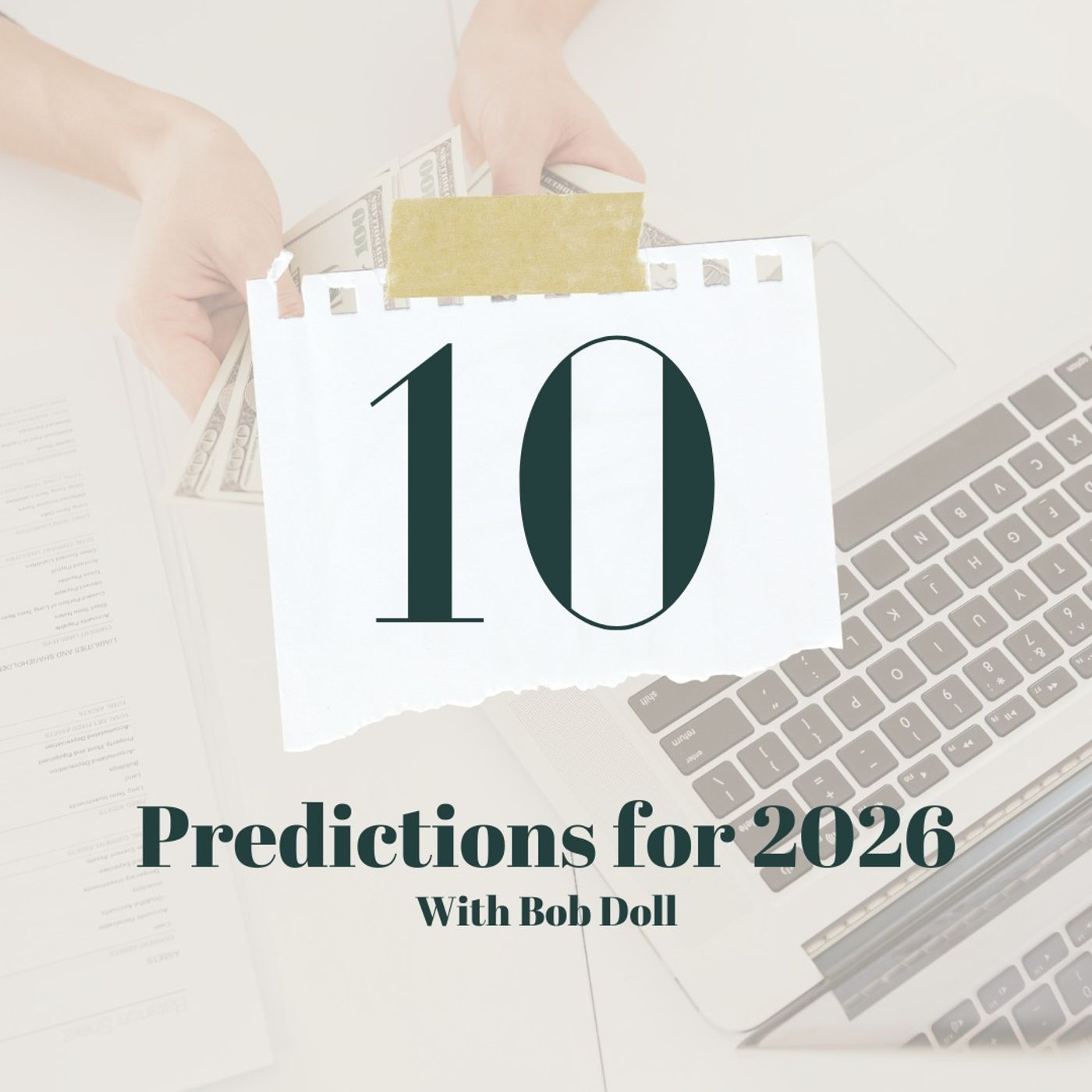The 3-D Budget With John Putnam
Faith & Finance with Rob West
Asked if he’d like dinner, a budget airline passenger asked, “What are my choices?” The attendant responded, “Yes or no.” When you’re on a budget, you may forget that you still have choices and flexibility. Today John Putnam joins Rob West to talk about the “3-D Budget” and how it can help you get your priorities straight.

Show Notes
Asked if he’d like dinner, a budget airline passenger asked, “What are my choices?” The attendant responded, “Yes or no.” When you’re on a budget, you may forget that you still have choices and flexibility. Today John Putnam joins Rob West to talk about the “3-D Budget” and how it can help you get your priorities straight. This is Faith and Finance - biblical wisdom for your financial decisions.
John Putnam is a Certified Financial Planner, a Certified Kingdom Advisor, and founder of Smarter Stewardship, a marketplace ministry.You Might Also Like

January 13, 2026
Why Wise Counsel Matters
Financial decisions can feel overwhelming—especially when the stakes are high. Rob West suggests a trusted advisor or me...

January 13, 2026
10 Predictions for 2026 with Bob Doll
Markets appear strong as we head into 2026, but beneath the surface, risks may be rising faster than returns. Each Janua...

January 12, 2026
Snowball vs. Avalanche
In tackling credit card debt you’ve got two great options for debt reduction, the snowball method and its big brother th...